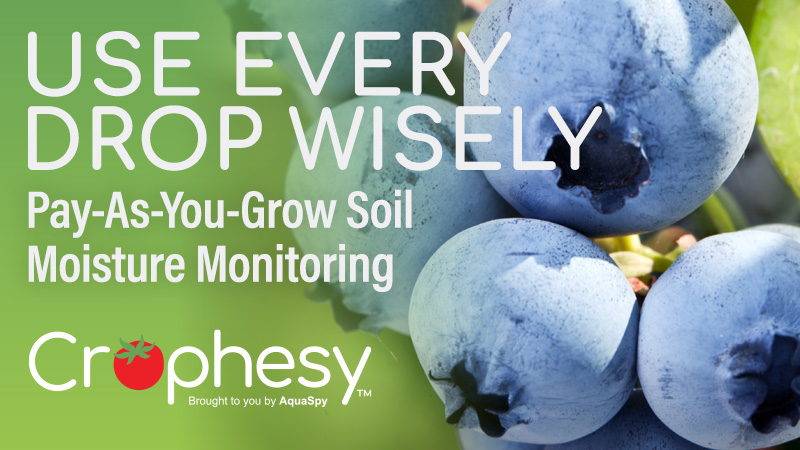Opinion: Locavore Has Many Meanings
This past November, the New Oxford American Dictionary announced its Word of the Year for 2007. And that word is (drum-roll please): “locavore.” The word was coined two years ago by a group of four women in San Francisco who proposed that local residents should try to eat only food grown or produced within a 100-mile radius (in some circles, the word is also apparently known as “localvore.”)
Following up on last year’s New Oxford Word of the Year — “carbon-neutral” — it’s clear that the issue of environmental consciousness is on the minds of more and more people every year. There’s no need to go into excessive detail here, but one thing’s for certain: the issue is here to stay.
Broader Meaning
Many of you, including myself, were probably not familiar with the word locavore up to this point. But the movement behind it should be very familiar. By definition, it seems to encourage consumers to buy more of their produce from local growers, with the notion that local products are not only fresher, but put less strain on the environment in the form of shipping miles.
If you’re a subscriber to the Apple-Crop listserv, you’ve seen this issue pop up on more than one occasion. In fact, there was a highly contentious discussion last year over what was more “environmentally friendly”: a conventional apple grown locally, or an organic apple that was shipped across the country.
On a broader scale, you could also tie the word locavore to the concepts behind sustainable agriculture. Now there’s a phrase you should know by now. Sustainable agriculture can indeed take many shapes, one of them being the attempt to preserve the environment by relying less on shipping and focusing more on production that caters to the local community.
Take Your Own Action
So, assuming “locavore” fulfills its expectations and becomes a normal part of the American vernacular, what does this mean for you? If you’re a small to mid-size fruit grower, someone who has a farm market or provides your product to local retailers, it wouldn’t have much of an effect. Or, rather, it could actually help you become a better marketer to local buyers.
However, if you’re a grower whose primary sales come from shipments made across the country, or even 100 miles away, it’s not like you’re just going to give up that part of your business. But it does mean you should begin thinking about ways to offset the perception that could develop about your business. For example, as one of our editors, Laura Drotleff, noted in a column from last July, there is a growing international push to lower carbon emissions, and it’s only a matter of time before it catches on here in the U.S. Taking a proactive approach to this concern can only help you.
Another thought might be to look at your pest control program and consider ways to adjust it so it’s based more on an integrated pest management strategy. Whatever you choose to do, it would pay to look good in the eyes of all the “locavores” that are out there.
Finally, on a related note, one of the runners-up for the Word of the Year was “colony collapse disorder.” Once again, many of you are no doubt familiar with this phrase. And now it seems to be a “buzz” word for everyone else.










